Imagine trying to complete your schooling at the height of rampant bushfires. Add to that the diagnosis of a chronic condition that could turn all you knew about yourself, and the world, upside down.
Ayisha Fearnside has faced these challenges with strength. Not only is she well on her way to becoming a doctor, she has found a way to help others who might not feel like they ‘fit’ to feel supported and encouraged. This rising above is the very reason she was named our 2022 Rising Star.
Ayisha Fearnside – Rising Star
Local Foundation:
Kangaroo Island Education Fund
Course:
Bachelor of Clinical Science
Institution:
Flinders University
Award:
2023 Rising Star
Ayisha completed her entire schooling at Kangaroo Island Community Education Kingscote Campus. At just 17 she enrolled in and was accepted to a Bachelor of Clinical Science/Doctor of Medicine at Flinders University.
It is fair to say Ayisha’s path has had its obstacles, which include the Kangaroo Island bushfires of 2020 and challenges with her mental health during school. Following an ADHD diagnosis as an adult, it led her to rethink everything she thought she knew about herself and what supports were missing for others like Ayisha. Here she tells us about her experiences, how CEF supported her and, what is next for our Rising Star.
Can you tell us a little about your life growing up?
I was born and raised on Kangaroo Island, South Australia.
My parents went through a few different jobs over the course of my childhood, with most of them being in food and hospitality.
I am an only child and was always very quiet, so I spent a lot of time making my own fun, whether it was by mucking about on our property or getting lost in a good book.
”I graduated high school in 2020 – the year of the Kangaroo Island bushfires – so year 12 began for all of us with loss, exhaustion, and uncertainty.
Ayisha Fernside2023 Rising Star | AUDI FOUNDATION - CEF ALUMNI AWARDS
I am proud of myself and my friends for our resilience and drive to achieve despite the circumstances.
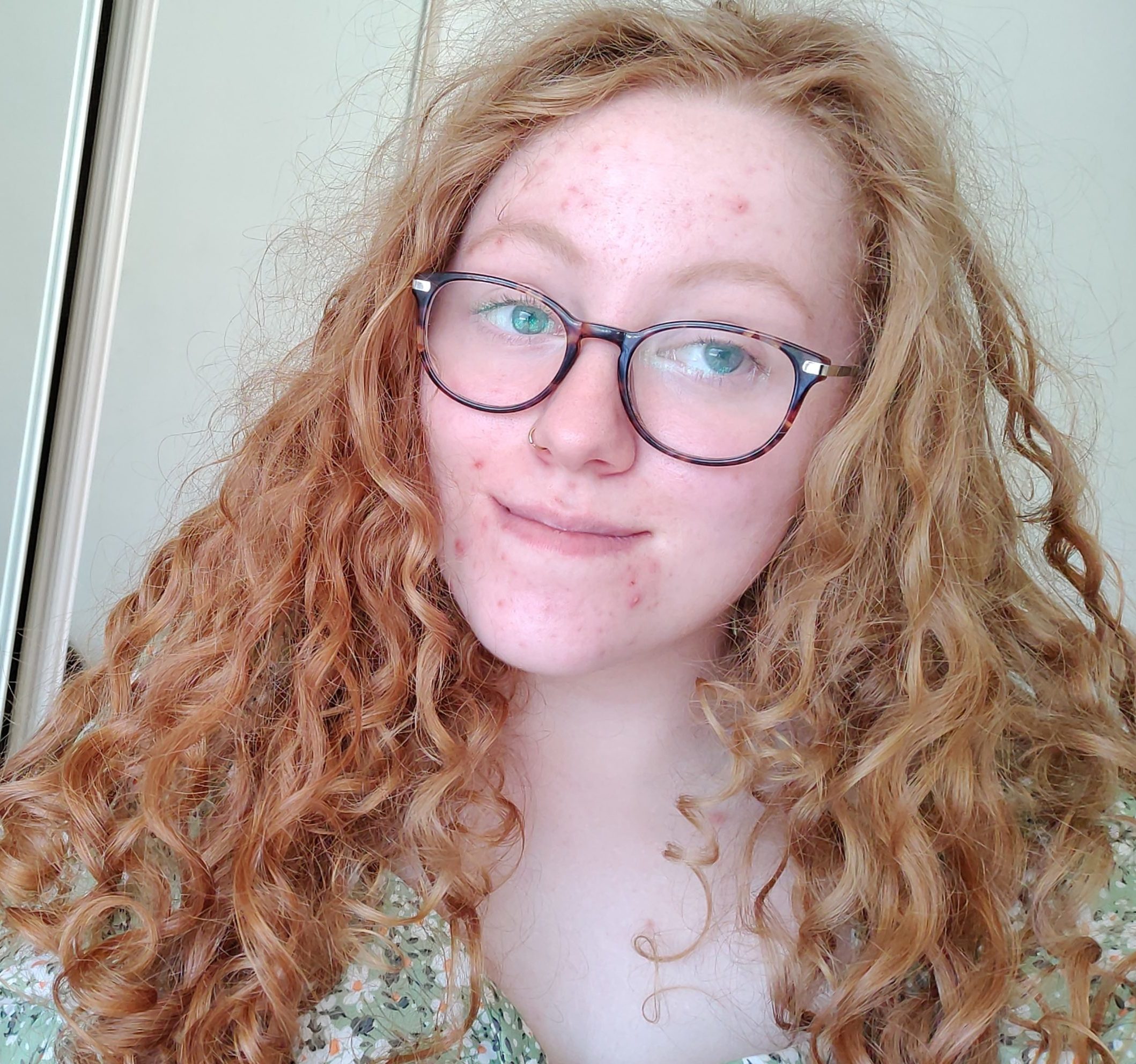
With over 200 members, Flinders Neurodivergent Study Support and Advocacy has received an outpouring of support from campus staff.
Ayisha also sits on the executive committee of the Flinders University Rural Health Society, acting to make connections with rural high schools and helping students to prepare for city life and tertiary education.
What do you like to do in your spare time? What are you passionate about?
My parents passed down a great love of food to me, so I spend a lot of time cooking and experimenting with new ingredients and recipes. I also love to read, as well as write my own stories.
I spend a lot of time with the remarkable friends I’ve met since starting university – we play a lot of video games together and have recently gotten into tabletop RPGs.
When I can, I love to go home to Kangaroo Island and spend time with my family and my two dogs, who I love endlessly.
What have been some of your greatest achievements to date?
I was very proud to graduate with a high ATAR and UCAT and receive first-round acceptance into medical school, especially given the background on which all of this occurred.
Most recently, I am very proud of founding Flinders Neurodivergent Study Support and Advocacy(FNSSA) along with some dear uni friends.
Despite being new, the response to our work has been amazing and we’ve already made great headway into university-wide projects and changes to make study more accessible for people like us.
What do you remember most about receiving your grant from CEF? What did it mean and how did it help you?
I was optimistic about my application but overjoyed when I found out just how big a help CEF was going to be – I kept asking Dad to re-read the email to me because I thought I was misunderstanding!
My grant has been instrumental in allowing me to study here in Adelaide; I have been able to live doing little paid work, which has given me the time and space to acclimate to city life, focus on uni and take on several projects that I am incredibly passionate about.
How important is the work that CEF does in your opinion?
CEF’s work is incredibly important. The transition to tertiary education from a rural background is always difficult, but knowing you have all this support behind you, both financially and through a network of others with the same experience, makes it that much easier and more accessible.
My grant was provided by doctors at the Kangaroo Island Medical Clinic, who were actually my initial inspiration to study Medicine. Seeing the difference a thoughtful, empathetic clinician can make to people’s lives and their outlooks on it made me realise how beautiful and fulfilling this career could be.
”It was a beautiful moment when I found out I had received the grant. I was sitting at the dinner table with two of my closest friends when Dad rung me, having seen the email come up on our computer.
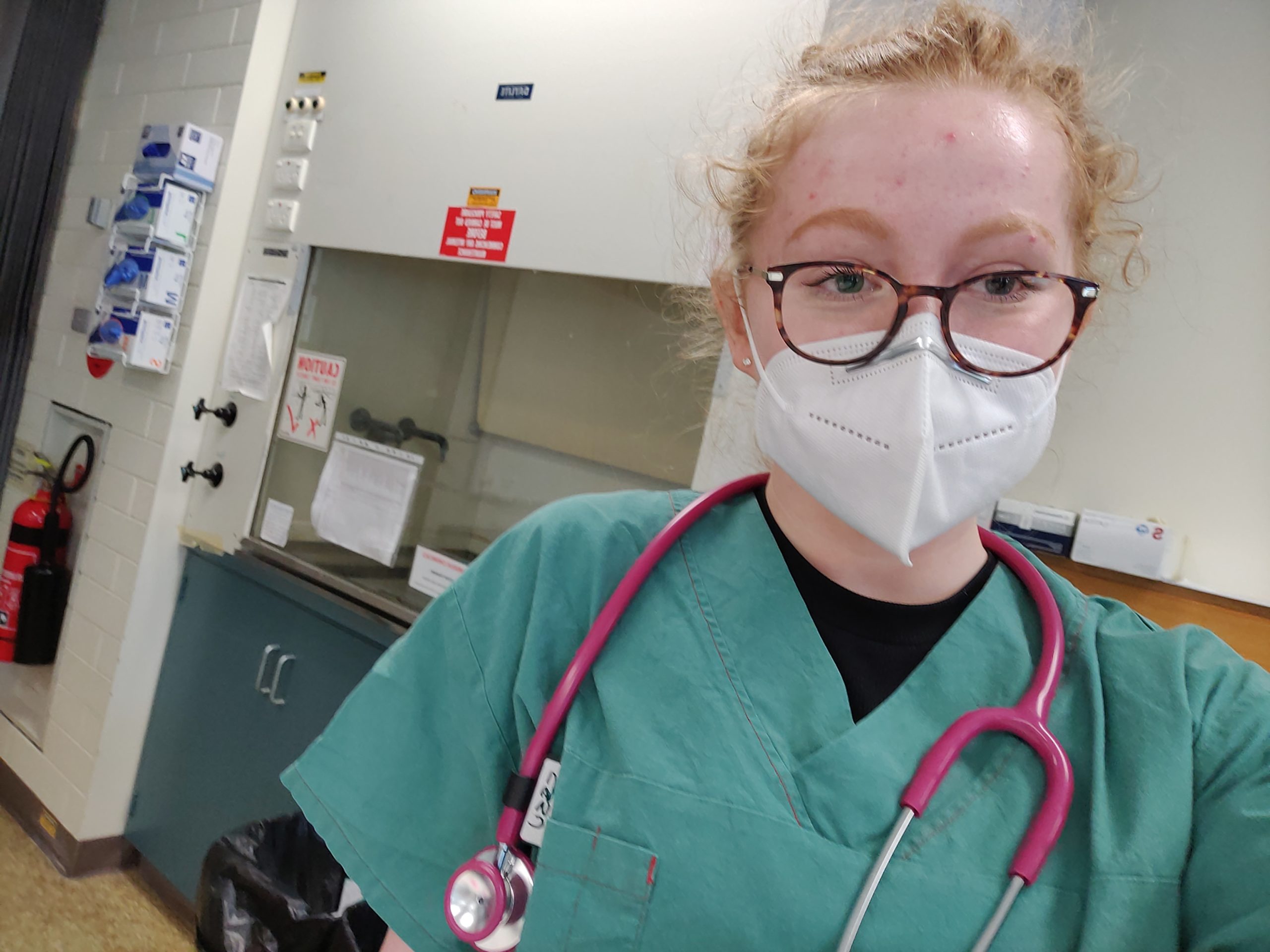
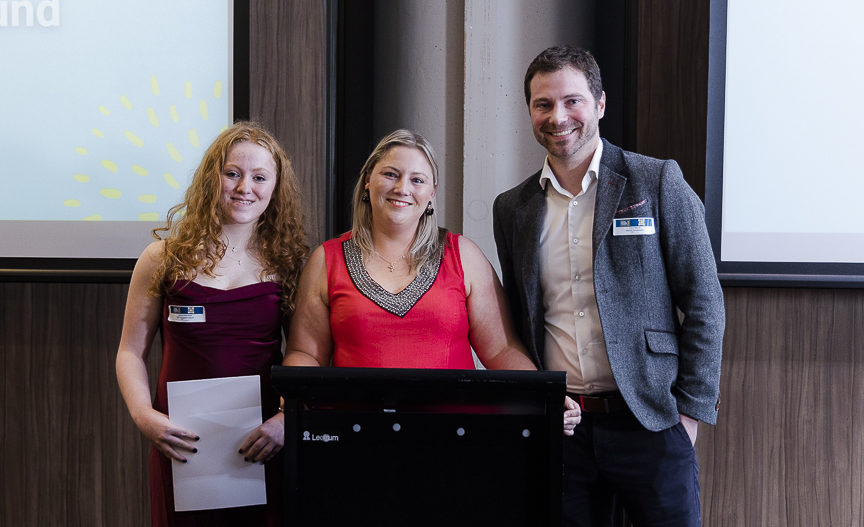
”Your experiences are valid and valuable, and you are just as deserving of a seat at the table as anyone else in your field, be it those from similar or totally different circumstances.
Do you still feel a connection to country Australia?
I currently live in Adelaide city and will at least until the end of my MD.
Being that I’m not sure what field I would like to specialise in, I don’t know what my future will look like with regard to returning to the country, but I find it hard to imagine ever not having a connection to rural Australia, whether that means returning to live or just visiting.
What is next for you?
Well, the ‘hard part’ of my degree begins next year, so I imagine there will be a massive amount of hard work in my near future.
Beyond that, I look forward to growing FNSSA, and building more connections with the community both here and back on Kangaroo Island.
All in all, I’m very excited for what’s next!
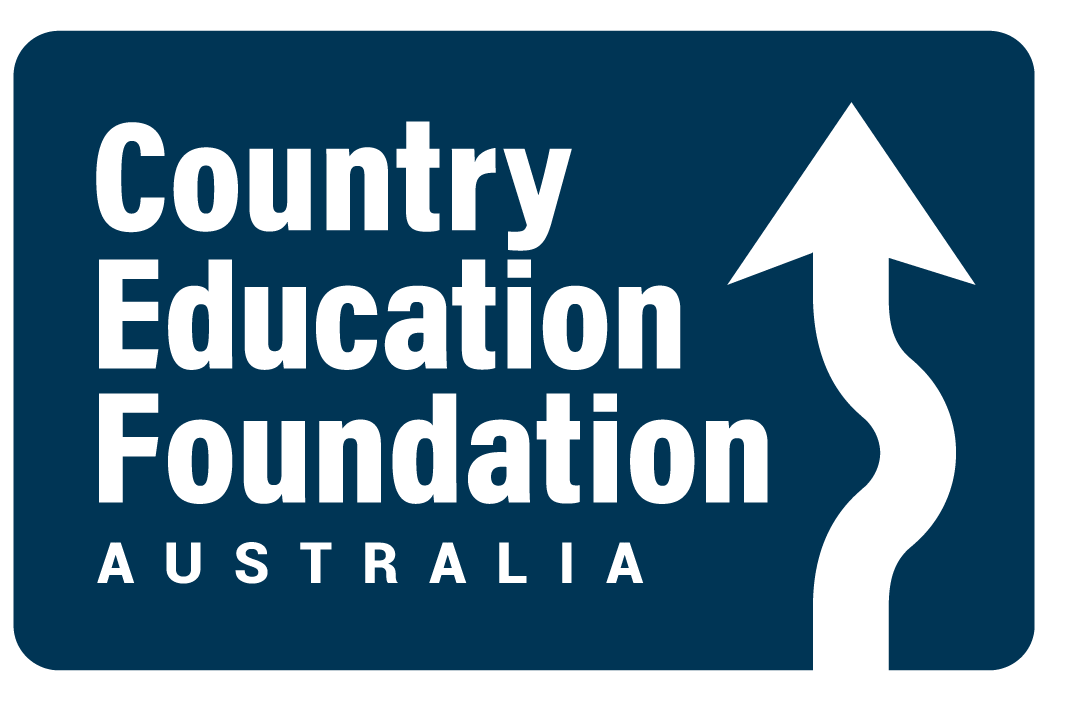
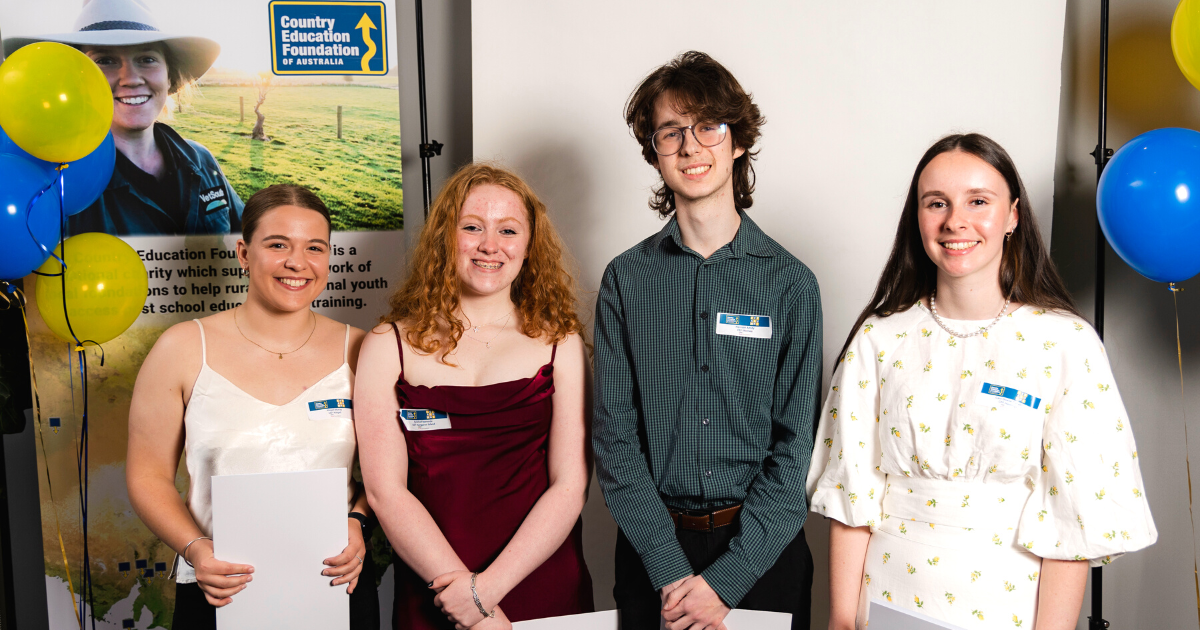
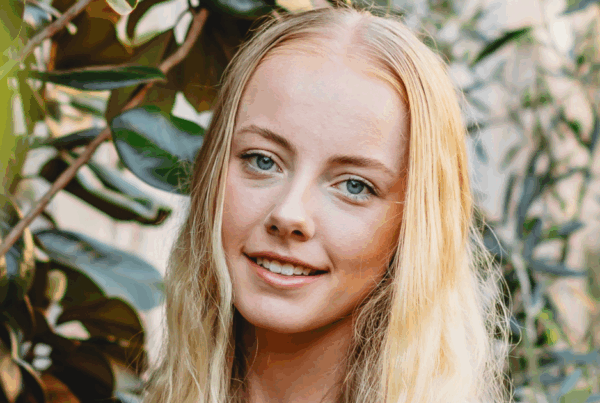
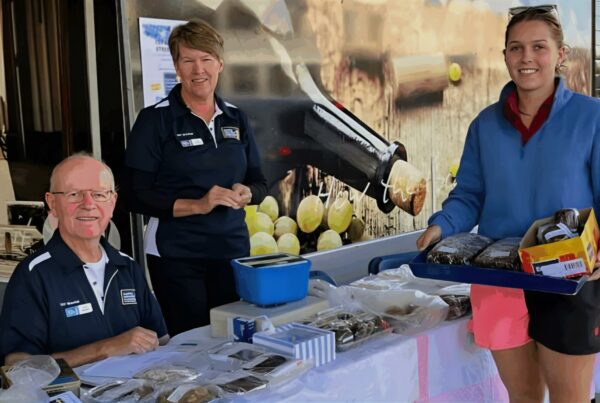
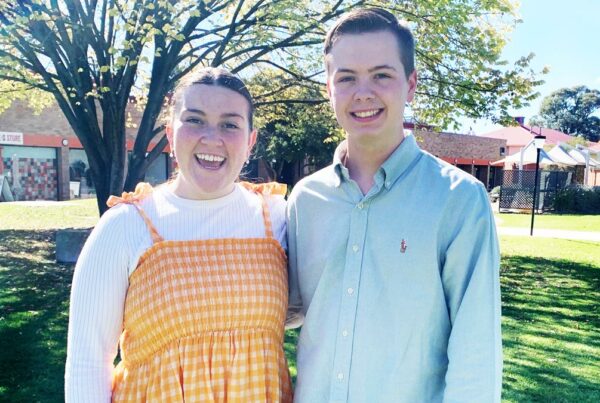

Recent Comments